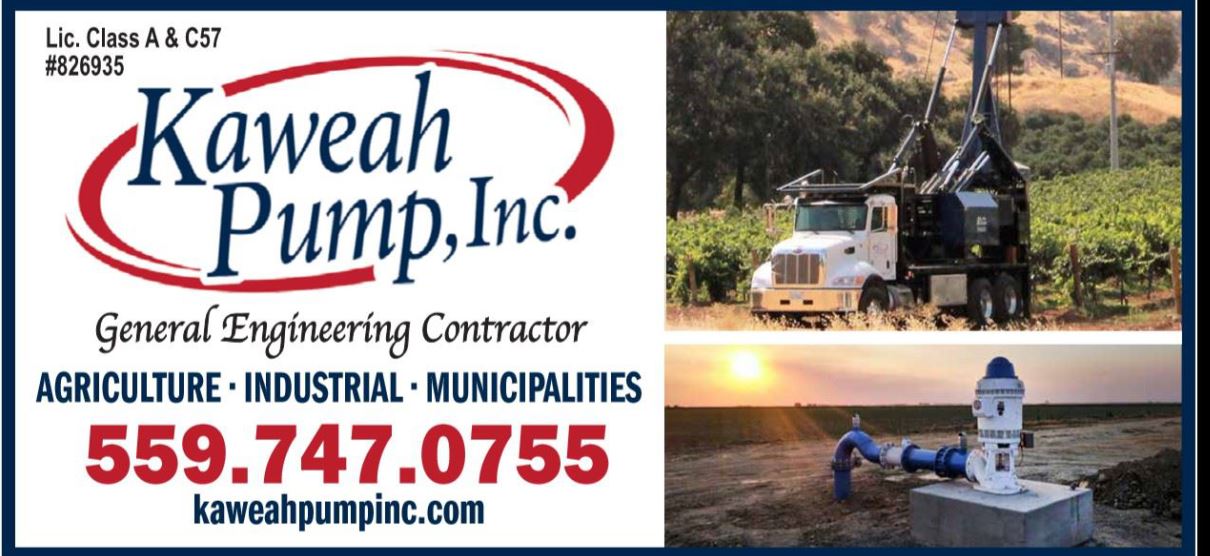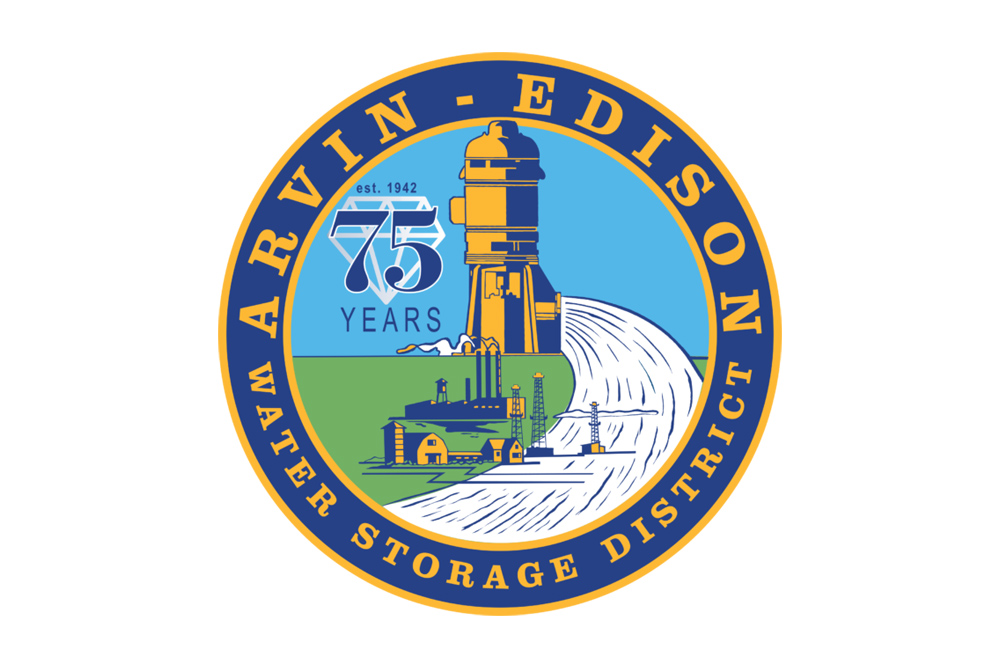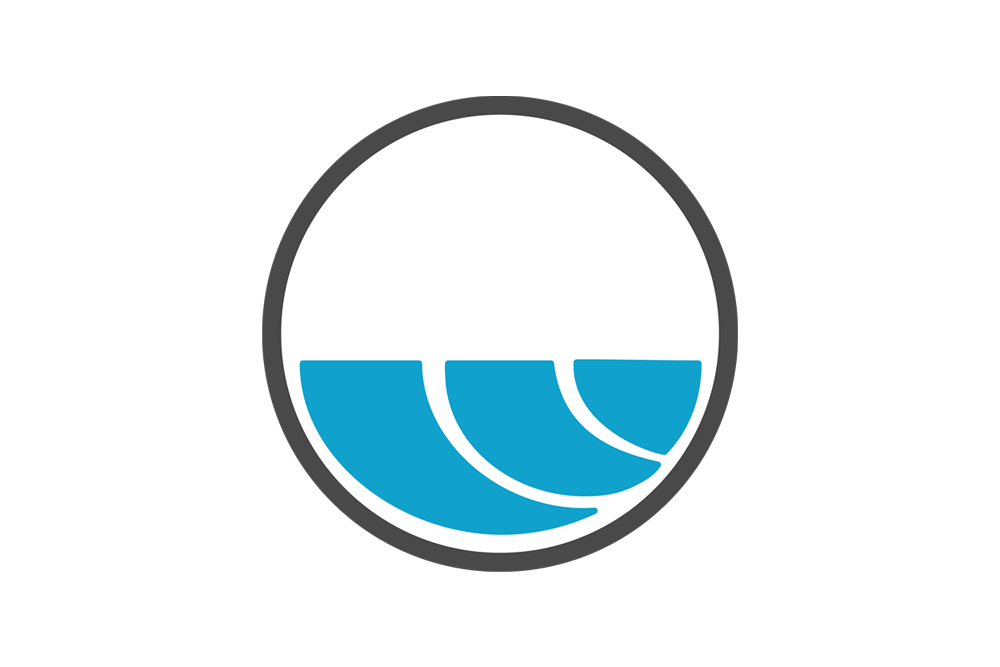 By Geoff Vanden Heuvel, Director of Regulatory and Economic Affairs California Milk Producers Council
By Geoff Vanden Heuvel, Director of Regulatory and Economic Affairs California Milk Producers Council
The year 2019 turned out to be a good water year. Ample rain and snow fell on California both at the beginning of the year and in the past six weeks. So it looks like this winter will produce some moisture as well. Moving to the Central Valley from Southern California, where as a dry lot dairyman we did not like rain (muddy corrals), it has really been brought home to me how dependent agriculture in the Central Valley is to God’s provision of precipitation. He has provided and we are grateful.
Policy wise, nearly the entire Central Valley has been deeply engaged in developing Groundwater Sustainability Plans (GSPs) as required by the Sustainable Groundwater Management Act (SGMA). Critically over-drafted basins, which encompass nearly the entire Central Valley south of Stockton (Turlock excepted) are required to submit their GSPs to the California Department of Water Resources by January 31, 2020. I am happy to report that as far as I can tell, everyone who is required to submit a plan in the areas I am covering for MPC is on track to do so. I believe everyone will “turn in their homework” so to speak. That being said, this first phase of SGMA implementation, while certainly a significant amount of work, is only the plan. The next phase will involve actually writing the rules and regulations to implement the plan and adopting the fees and taxes necessary to finance the administration, projects and management actions called for in the plans.
One note here I would ask everyone to keep in mind is that SGMA is a huge game changer in the Central Valley. Groundwater pumping has NEVER been regulated or controlled in the 150 years that have passed since irrigated agriculture emerged to create the marvelous bounty that we see today in the Central Valley. Groundwater pumping will now be regulated and that will have profound impacts on how things shape up in the future. Water is going to be more expensive and in some places there will not be enough to go around. Being proactive and engaged in your local GSA is very important. It is also important to work with your neighbors to participate in projects that will bring more water into your area and more efficiently utilize what water resources might be available. It will cost money to make things happen but remember that the only thing worse than costly water, is no water. In the short term, while SGMA implementation will cost you money, the GSPs are all taking a ramp down approach, that takes advantage of the 20 years the law gives GSAs to reach sustainability. This will give dairies in the impacted areas the time they need to make adjustments to live with the new reality.
In the meantime, the realization that SGMA will significantly impact groundwater resources has prompted the water community in the Central Valley to begin to organize together to look at what infrastructure improvements can be made that will increase the opportunity to capture those major surface water supplies that emerge in above average water years. This effort is called the San Joaquin Valley Water Blueprint. Milk Producers Council and the dairy industry is fully supporting and participating in creating this organization. The Blueprint has been able to put together a Valley wide document submission to Governor Gavin Newsom’s Water Resiliency Portfolio that outlines the scope of the water challenges facing the Central Valley and a menu of solutions. The second big Blueprint effort is to sponsor a socio-economic impact study of the impacts of SGMA on the Central Valley. Results from that study will help drive the discussions with policy makers about the economic and social impacts of SGMA and what needs to be done to mitigate those impacts. Initial study results should be out before the end of January just in time to help shape discussions over the development of a State water bond contemplated for 2020.
One other water issue impacting the dairy industry that is separate but related to SGMA is the impact of both water quality and water supply to Disadvantaged Communities (DACs). The DACs have a number of organizations that represent them. They have been quite active as the GSAs have been developing their plans. In particular the DACs are concerned about the impact of falling water levels on domestic wells and they are also concerned about drinking water quality. The water level concerns have been taken into account by GSAs but not always to the satisfaction of the DACs. On the drinking water quality issue, CV-SALTS, which was recently approved by the State Water Resources Control Board, makes providing clean drinking water for Disadvantaged Communities something that we as agriculture and the dairy industry are going to have to participate in as a requirement of our regulatory permits.
This will be a very significant issue in 2020 and beyond. Between Dairy Cares and the Central Valley Dairy Representative Monitoring Program (CVDRMP), the dairy industry is positioned to engage in assisting the industry’s compliance with the new requirements. Our goal should be to solve the problem, that is, make sure our neighbors have clean water to drink and do it in a way that is efficient and affordable. One thing to keep in mind as Tom Barcellos, my good friend and dairyman from Tulare said in public comment at a recent GSA meeting, “When the creeks and channels are running with clean surface water, the water quality of shallow domestic wells improves dramatically.” Tom’s point is that bringing in more surface water not only benefits water supply, but it also has a very positive impact on water quality.
There are lots of challenges facing the industry, but there are solutions too. God is in control and he has given us the responsibility and the opportunity to be good stewards. So we move forward with confidence and optimism.
DISCLAIMER OF RESPONSIBILITY; Waterwrights strives to provide his clients with the most complete, up-to-date, and  accurate information available. Nevertheless, Waterwrights does not serve as a guarantor of the accuracy or completeness of the information provided, and specifically disclaims any and all responsibility for information that is not accurate, up-to-date, or complete. Waterwrights’ clients therefore rely on the accuracy, completeness and timeliness of information from Waterwrights entirely at their own risk. The opinions expressed in this report are those of the author and do not represent any advertisers or third parties.
accurate information available. Nevertheless, Waterwrights does not serve as a guarantor of the accuracy or completeness of the information provided, and specifically disclaims any and all responsibility for information that is not accurate, up-to-date, or complete. Waterwrights’ clients therefore rely on the accuracy, completeness and timeliness of information from Waterwrights entirely at their own risk. The opinions expressed in this report are those of the author and do not represent any advertisers or third parties.
ALL RIGHTS RESERVED. Copyright  2019 by www,WaterWrights.net/ Don A. Wright
2019 by www,WaterWrights.net/ Don A. Wright
Note: Mr. Vanden Heuvel is a dairyman from Southern California who now resides in Tulare. His observations and opinions are well respected. We thank him and the CMPC for permission to reprint this article. It first appeared in the December 20th Weekly Report. https://www.milkproducerscouncil.org/wp-content/uploads/newsletter_2019/2019-12-20%20MPC%20Newsletter.pdf
































